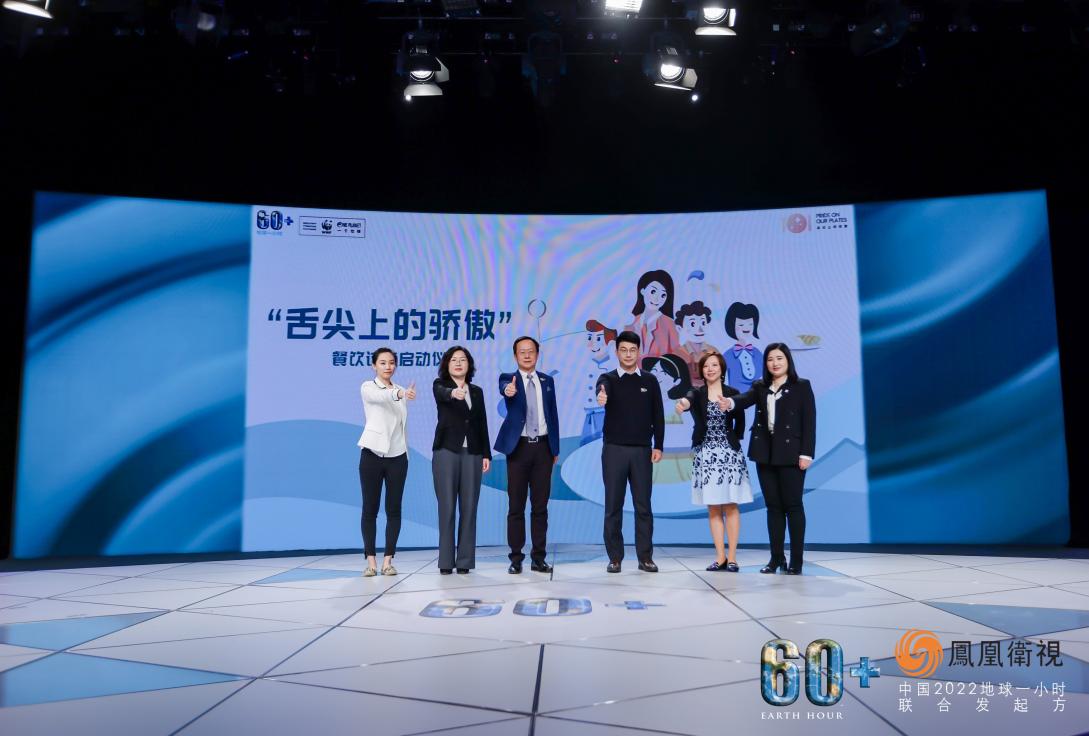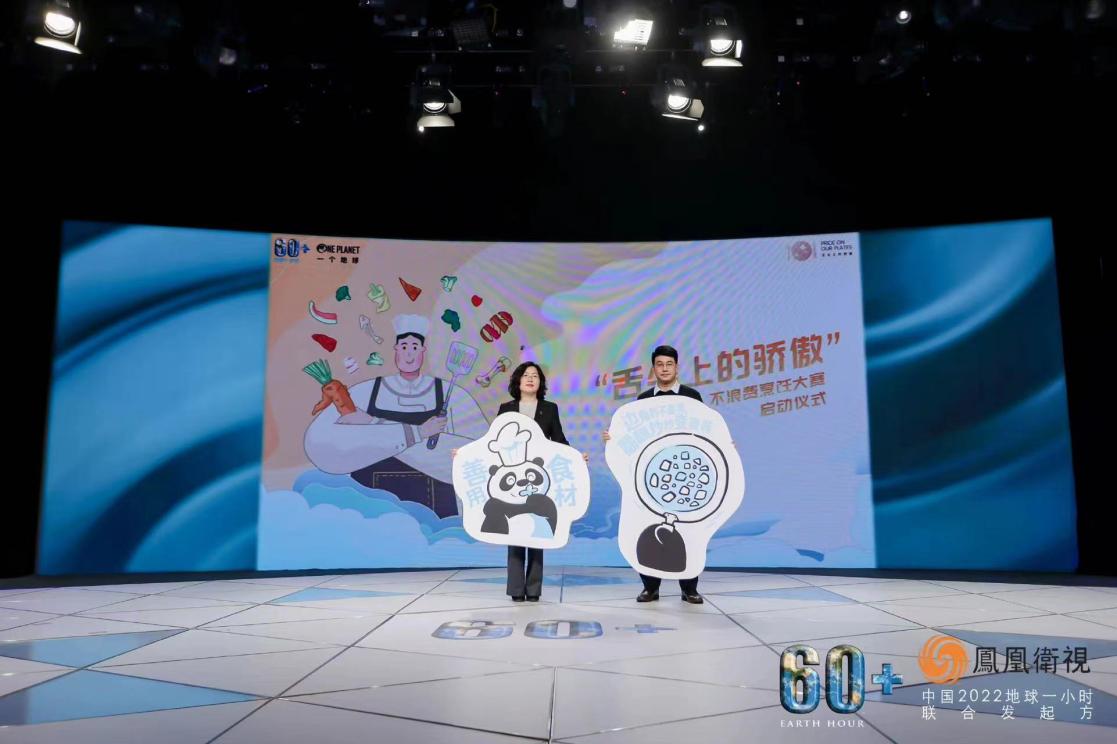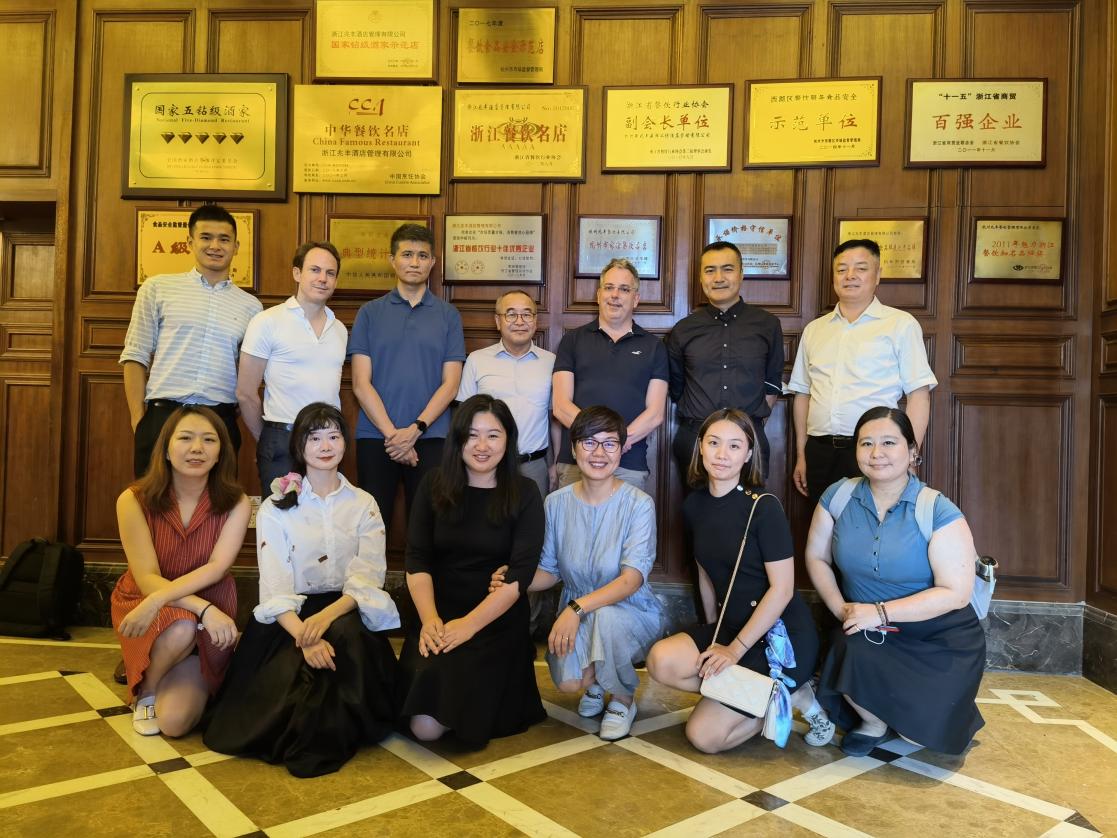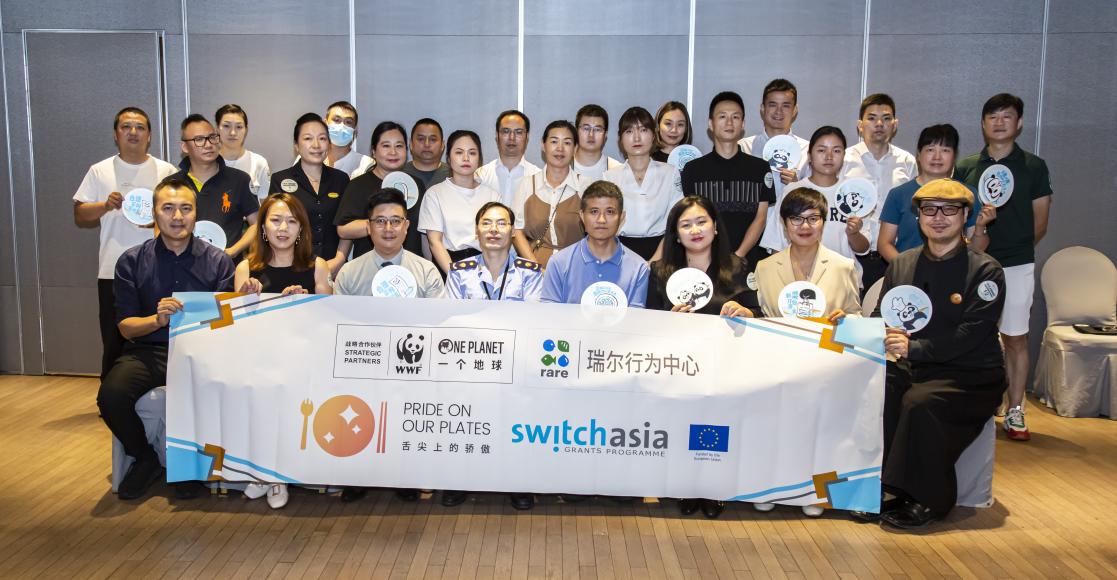Stockholm, Feb.2 (CED) — Reducing Carbon Footprint Made Easy Through EU-supported “Pride on Our Plates”.

Chinese people regard eating as a top priority in daily life. In light of this, promoting sustainability concepts to them via calling for a change in gastronomic behaviors should be a smart move.
This is exactly the rationale behind the “Pride on Our Plates” programme (POP) spearhead by One Planet Foundation (OPF), Beijing representative office of World Wide Fund for Nature (WWF) and Rare supported by EU’s Switch Asia Programme. Commenced in September 2020, POP calls for all mini, small and medium-size HORECA (Hotels, restaurants and catering entities) players in China to join forces for reducing food waste, and as a result bringing a positive impact on reducing carbon emission.

According to statistics, the amount of global food loss and waste is huge as almost 1/3 of the food produced globally (about 1.6 billion tons) is lost or wasted. Food loss and waste is a global challenge and China is not an exception.

To help small and medium-size HORECA companies in China learning how to reduce food loss and waste, the POP employs a full array of initiatives that help for delivering its education works: developing a set of guidelines in Chinese language on reducing food waste for restaurants, providing trainings to restaurant operators and organising a chef’s competition on smart ideas for reducing food.

The POP has set ambitious targets by 2024: provide food waste reduction training to at least 350 restaurant outlets; engaging 100 outlets to adopt sustainable food production process; make at least 50 outlets able to reduce food waste by 10% or more; make food waste reduction guidelines widely acknowledged and adopted in the catering industry. At its full strength, the POP is expected to over 20 million consumers in China.

The programme has already been making big strides since its commencement. It collaborated with the Institute of Geographic Sciences and Natural Resources Research (CAS) to complete and release the“Food Waste Reduction Case Book/Guidelines”, which is a great example of exchange of good practices between the EU and China. It has kicked off pilot schemes for implementing such guidelines in restaurants in Beijing, Shanghai, Shenzhen Hangzhou, Sanya and Kunming.
Source: official website of European Union. www.eeas.europa.eu.


